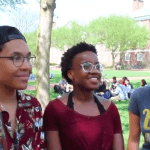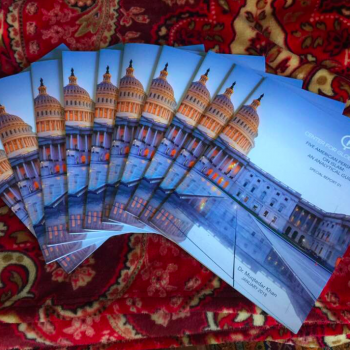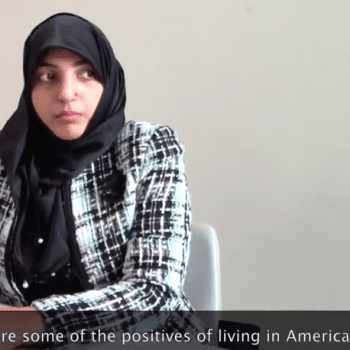Guest Column by John Elzufon
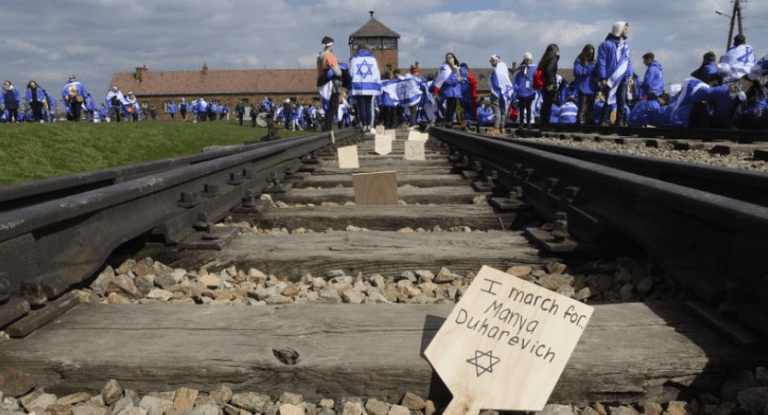
Each April the Jewish people honor the victims of the Holocaust—the men, women and children who were brutally murdered by the Nazis and their allies.
For almost 2000 years before the Holocaust the Jewish people were subjected to discrimination, forced conversion (the Spanish Inquisition), wholesale slaughter (the Crusades), forced exodus (many European countries) and pogroms (Russia) but none of these calamities approached the Holocaust in its scope.
Before the Holocaust Jews were able to avoid recrimination by renouncing their faith and converting. However, during the Holocaust, conversion did not save them. Any person with 1/16 “Jewish blood” was marked for extermination—regardless of faith. So intense was the Nazi preoccupation with killing Jews that towards the end of World War II, when German rail capacity was limited and Hitler had to choose between using trains to transport troops to fight to save his Third Reich or using trains to transport Jews to the death camps, Hitler chose to kill Jews.
The Holocaust’s devastation to world Jewry was so complete that the world’s population of Jews today is less than it was in 1939.
Jews choose to remember our people’s victims, because if we do not remember the loss of our own the rest of the world will see no reason to remember them. However, Jews not only remember Jewish victims of the Holocaust but all who perished in the Holocaust.
We remember that while all Jews living under Nazi rule were victims not all victims were Jews. History tells us that the Russians who liberated Auschwitz found enough poison gas to kill over 15 million people –but by that time there were barely one million Jews left in all of Europe and less than 10 million in the entire world. We can only speculate on “who was next” illustrating the maniacal totality of Nazi hatred of “the other.”history.
While it is altogether fitting and proper that we remember all victims, we are also mandated to remember those who, at the time of history’s greatest evil, became examples of history’s greatest good: the righteous gentiles—those Christians, some known, such as Oscar Schindler, but most unknown, who risked everything, including their lives and the lives of their families, to protect Jews—sometimes known to them but often not.
This recognition of the heroism of the righteous gentiles goes beyond printed articles and Holocaust Day speeches. In Israel and all over America there are gardens honoring the Righteous Gentiles and, as one who has adopted Delaware as his home state, I am proud that the Garden at the Delaware’s Jewish Community Center Campus is this country’s first.
While Europe was the geographical core of the Nazis efforts to exterminate the Jews, the Nazis spread their poison to other countries—especially in the Middle East where, taking advantage of centuries old anti-Semitism and rising Arab nationalism, Nazi propaganda encouraged local Arabs to attack Jews.
Many did and thousands of Jews living in Mid-East countries were attacked resulting in death, injury and property destruction. However, from time to time righteous Muslims living in the Middle East, like their Christian counterparts in Europe, came forward to risk their lives to save and protect Jews—sometimes known to them and often not.
For example, as described in Martin Gilbert’s book, In Ishmael’s House, an Egyptian Jew, Thea Woolf, recalled the “marvelous and courageous collaboration” between Egypt’s Jewish and Muslim communities to help Jewish refugees fleeing from Poland after the 1939 Nazi invasion. Mr. Gilbert’s book also describes other examples of Muslims coming to the aid of Jews who were being attacked by other Muslims.
In addition to remembering the righteous Christians whose efforts saved so many Jews from the horrors of the Holocaust, we should also remember the righteous Muslims.
We honor, as we should, not only those who died in the Holocaust and those who rescued Jews and other victims of the Holocaust, but also all men, women and children, past and present, who have died as a result of hatred and bigotry and all men and women, Jews, Christians, Muslims, of all faiths and of no faith, who have then and continue now to fight evil of whatever nature.
We remember all the righteous men and women for many reasons but mostly because it is the right thing to do.
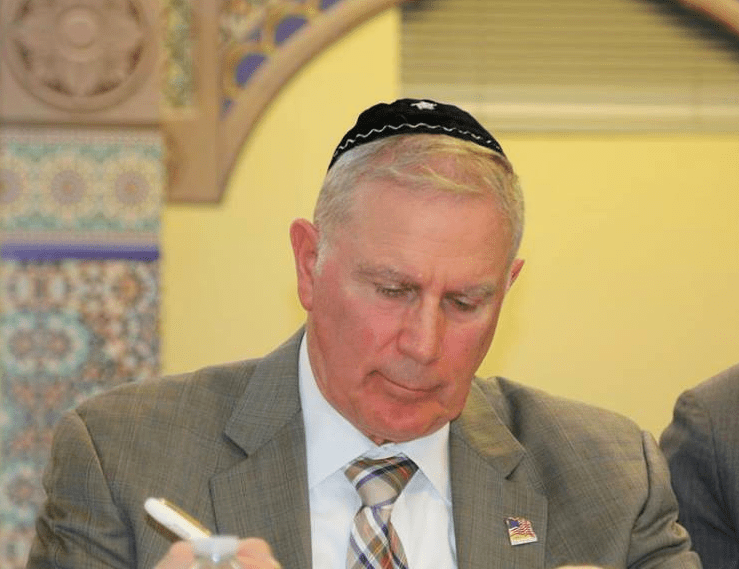
John A. Elzufon, Esq.
Co-Chair, Jewish Community Relations Committee
of the Jewish Federation of Delaware


